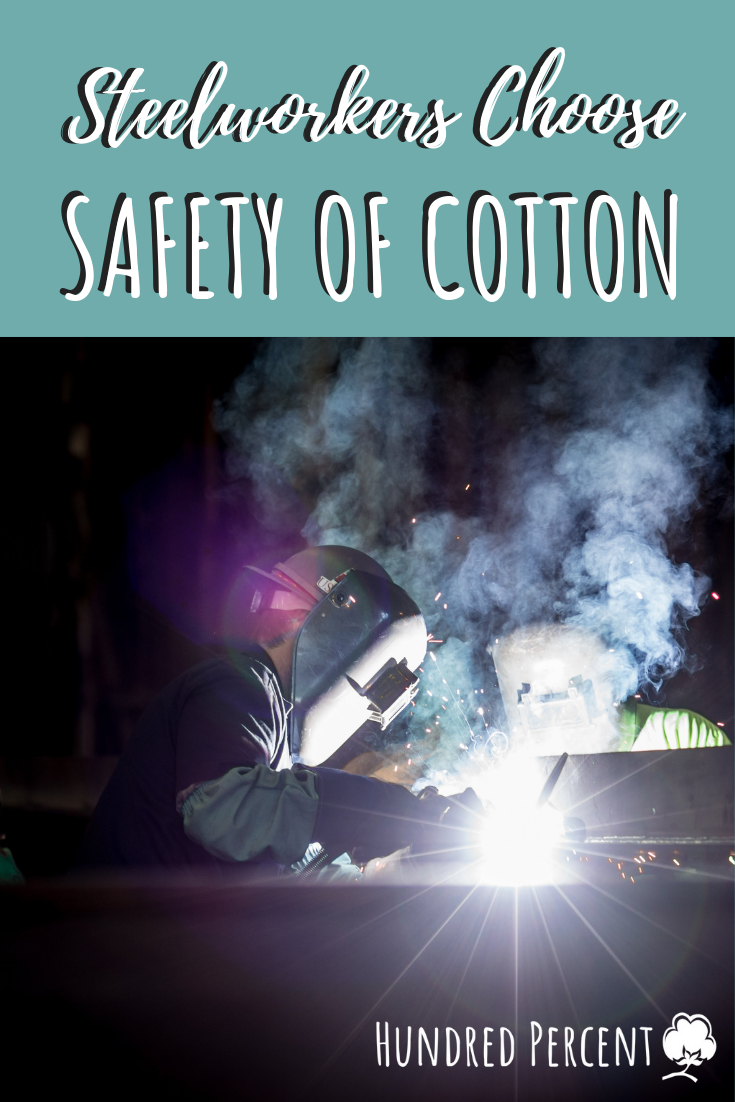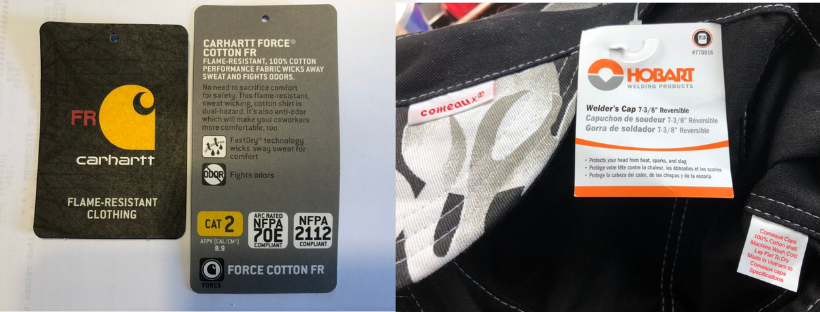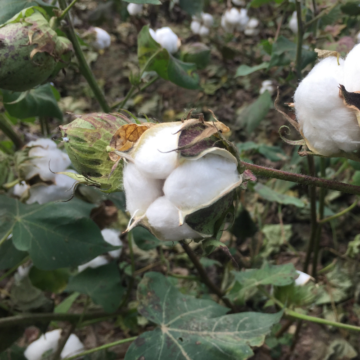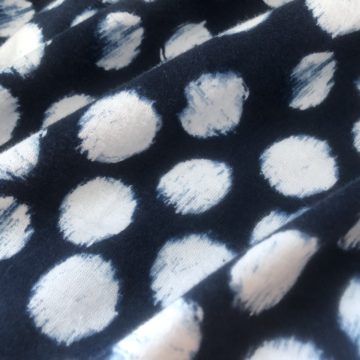This post includes some links to products, some of which I make a small commission from. Hope you find the info helpful.
When you choose a Twitter name like JPlovesCOTTON, you should be ready for strange tweets about cotton. Over the decade I’ve been on Twitter, they have come and gone… This one made total sense to me but it sure got a few folks asking questions! Seriously? Some guy is going to be working at a steel mill and wants my advice on 100% cotton socks and underwear, preferably grown and made in the USA.
Looking for 100% cotton socks and underwear. Prefer US Cotton, but will settle with other. Can only find 90% cotton at local stores. Needed to work at the furnace at a steel mill. @JPlovesCOTTON any help?
— Shannon Family Farms (@ShannonFamFarms) May 26, 2019
I knew immediately, Jonathan (the guy who will be working at the steel mill) wasn’t wanting fashion tips or anything. He wanted cotton for the same reason I try to wear cotton when I am in front of a campfire, etc. It is about safety in heat and flames.
 So in this post, I want unpack a few things:
So in this post, I want unpack a few things:
- Fiber Response to Heat/Flames — We talked about the differences in 100% cotton products & blends earlier, but let’s talk about how different fibers react to heat & flames a bit today.
- Sources of hundred percent cotton goods — I try to unearth all the goodness!
- Some of the gear steelworkers wear — He’s looking for the personal items, there are other parts of the “uniform” that there are clear guidelines on.
Fiber Response to Heat/Fiber
Safety of natural fibers and synthetics differ in a major way when it comes to heat. Natural fibers like cotton, silk and wool will burn when exposed to flames unless they are treated with flame retardants. Synthetic or man-made fibers like polyester, nylon, acetate, etc will melt.
This video demo is a bit long, but really shows you what happens when the fiber just gets close to the flame or is put in it directly.
100 Percent Cotton Socks & Underwear
What this video doesn’t prompt you to think about is what if you were wearing a garment of those fibers? It’s kind of scary to pause and think about. I mean none of them bode well really. But what you want to look at and think about is what happens after. The ashes produced from natural fibers, simply would mean those garments would be gone. But the melting, the beading of a hot, somewhat plasticized residue, can actually adhere to skin and continue doing damage to your skin. So a lot of those novelty socks from nylon and polyester could really hurt your feet and I’m sure none of us want to think what would happen with underwear of synthetic fibers!
The brand of socks that immediately comes to mind is Wigwam. They are sold in a lot of the farm supply shops but Wigwam also has a website where people can purchase directly from the company. I loved that it was the first company to come to mind for me and later some farmers weighed in with the same tip!
On the underwear side, I’m a big fan of Jockey cause they are 100 percent cotton (with the exception of waistbands and well made. Working in ag, we can be hard on clothes so knowing that seams won’t pop quickly, etc matters. They have lots of different styles, designs, etc. a good 100% cotton Jockey boxer brief is available on Amazon.
Other Steelworker Gear
 Working in a steel mill with the furnace means some fairly extreme temperatures. With that in mind, you definitely want to protect yourself and companies would want to be sure they have really good safety programs in tact. Think like the fire department but even more intense temperatures.
Working in a steel mill with the furnace means some fairly extreme temperatures. With that in mind, you definitely want to protect yourself and companies would want to be sure they have really good safety programs in tact. Think like the fire department but even more intense temperatures.
While we talked about the things he yet needed to buy, the outerwear has really specific requirements. Jonathan shared a few photos with me to show the types of fabrics involved — all 100 percent cotton but they also had various protective coatings, etc.
His pants and shirt are by Carhart — no surprise as they are a leading maker of work clothes. They have a Force FR line (FR = flame resistant) that totally hits the nail on the head. And to protect his head from sparks, etc, he has a welders cap. All of that 100% cotton.




